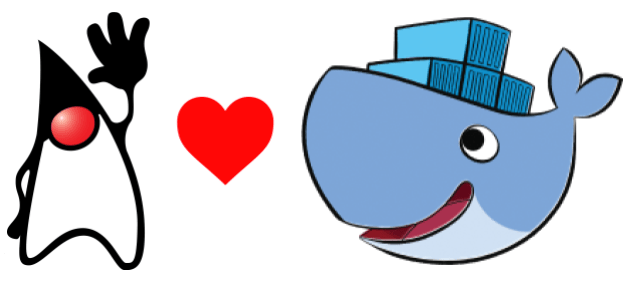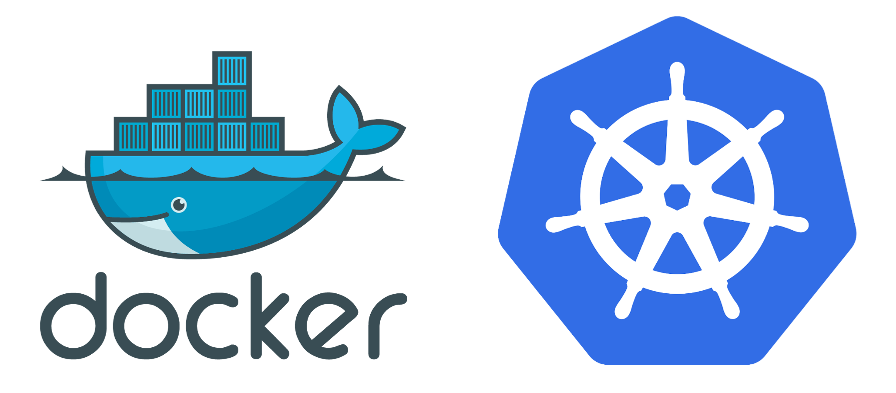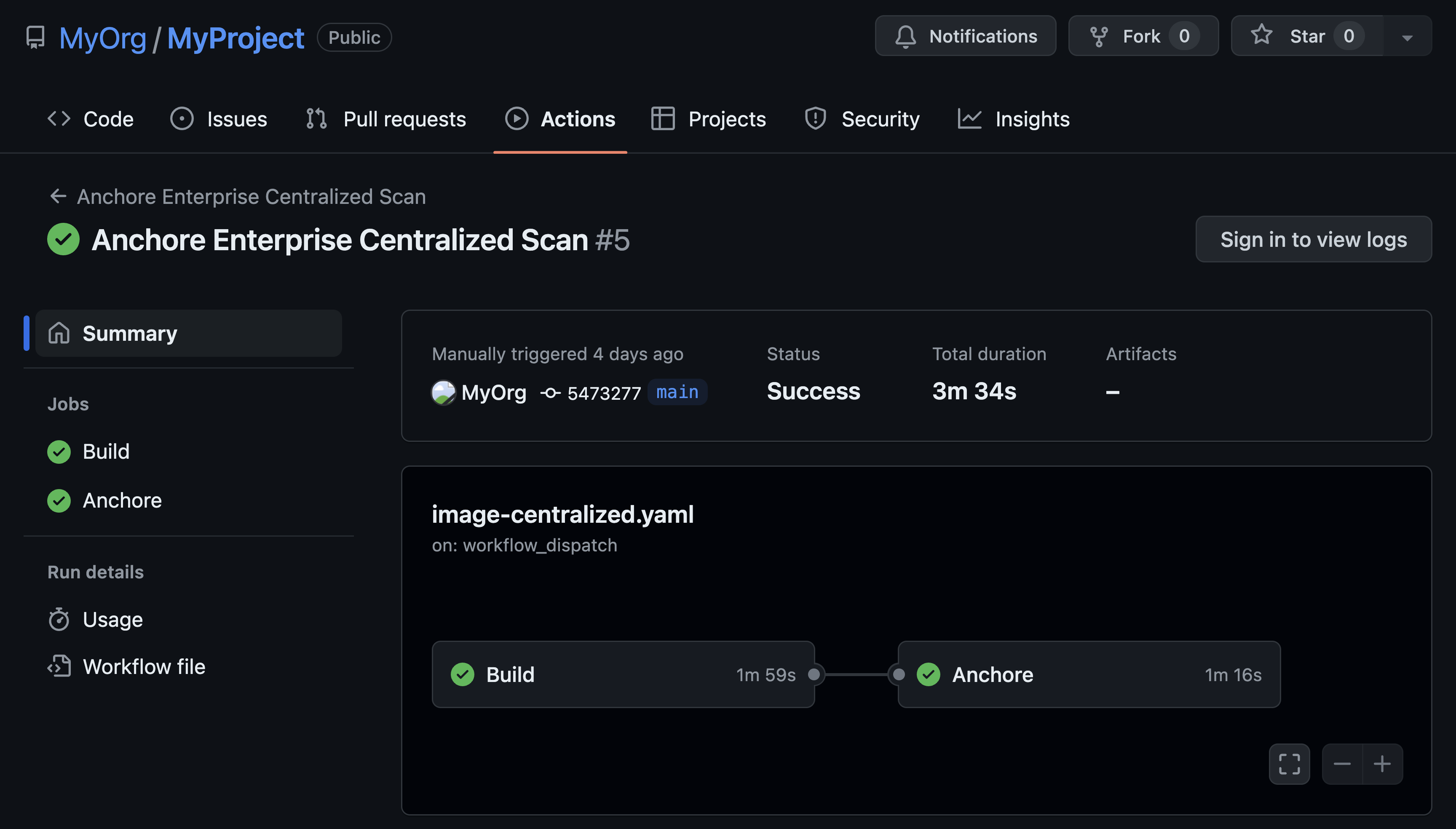Things change rapidly in the fast fluid world of Containers, sometimes it’s hard to keep up. So we’re starting a new newsletter called The Container Chronicle to help you stay on top of everything newsworthy from Cloud to Kubernetes, Docker to DevOps, and Beyond.
We will periodically be sending out The Container Chronicle, with the first edition shipping out this morning but in case you aren't subscribed yet we've included it below so you don't miss out. If you'd like to subscribe and stay on top of important industry news fill out the form at the bottom of the page and we will make sure it hits your inbox!
March ended on a high with the release of Kubernetes 1.10 but April is already shaping up to be a busy month in the world of containers and we are only halfway through.
Docker + Java 10 = ❤️

The month began with the general availability of Java 10 which includes a number of interesting new features, the most significant of which to container users is the ability of the Java runtime to recognize memory and CPU constraints applied to the container using cgroups. Previous versions of the Java runtime were not aware of resource constraints applied to the container in which it was running, requiring manual configuration of JVM parameters. With Java 10, memory and CPU limits are automatically detected and accounted for by the JVM’s resource management.
The folks at Docker produced a great blog covering the details:
Improved Docker Container Integration with Java 10
OCI Locks in a Distribution Specification
The Open Container Initiative announced a new project to standardize the container distribution specification. The Docker Registry API specification is already the de-facto standard for distributing container images. Any time you push or pull an image, your Docker (or compatible) client is using the Docker registry API to interact with the registry.
All the major registry providers already support this API but the specification was controlled by a single vendor. While Docker has proven to be a good citizen in the open source community having a single vendor dictate standards is not conducive to cross-vendor collaboration. As happened previously with the image and runtime specification Docker has now donated the specification to the Open Container Initiative (OCI) which has adopted the standard and will continue to drive it forward. The OCI includes industry leaders such as Amazon, Docker, Google, IBM, Microsoft and Red Hat. You can read more about the announcement at The New Stack.
Canary in the Kayenta
Google and Netflix announced the Kayenta project which was jointly developed by the two companies and now licensed as an Apache 2 project under the umbrella of the Spinnaker continuous delivery platform. Kayenta is an automated canary analysis tool. The idea behind canary analysis is that you push a new release of a service or program to a small number of users. Since only a few users get the new release any problems are limited to a small subset of users and can easily be rolled back. If the release proves successful the test audience can be expanded. Unlike the original canary in a coal mine no animals are actually harmed during these test deployments.
You can read more about Kayenta on Google’s blog or on ZDNet.
Docker Embraces Kubernetes in Docker EE

Yesterday Docker announced the release of Docker Enterprise Edition 2.0 which includes support for both Docker’s own Swarm orchestration system but also adds support for Kubernetes. Docker Inc are not alone in shifting focus away from their own orchestration platform to Kubernetes, only a few short weeks ago we saw Mesosphere announce Kubernetes-as-a-service integrated with their DC/OS offering.
While Kubernetes clearly won the short-lived orchestration war, the real beneficiaries are the end-users who now can standardize on a single platform that can be deployed on public clouds, on-premises or even on a stack of Raspberry Pis. This standardization helps to drive a rich ecosystem of vendors to provide value-added solutions that can now focus on a single, open source platform.
Thanks for hanging with us in this first edition of The Container Chronicle. You'll see us again soon (but not too soon) so keep an eye out for our next newsletter.


